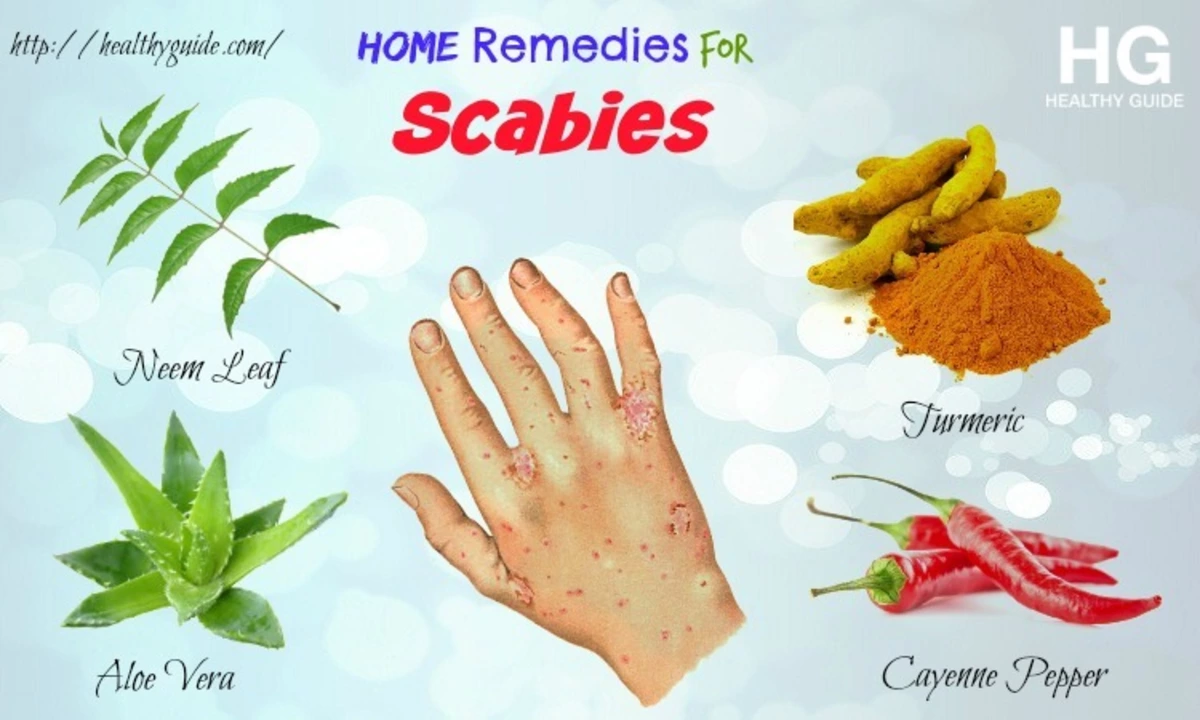Avoiding Infection: Practical Steps That Actually Work
Small habits stop most infections. A single missed handwash or a soggy bandage can let germs grow and turn a minor scrape into a problem. This page gives clear actions you can use today—no jargon, just things that work.
Daily habits that cut your risk
Wash hands often. Use soap and water for 20 seconds—front, back, between fingers and under nails—especially after the bathroom, before eating, and after public places. If soap isn’t available, use an alcohol-based sanitizer (at least 60% alcohol).
Keep surfaces clean. Wipe high-touch spots like phones, door handles, remote controls, and kitchen counters. Use household cleaners or disinfectant wipes on shared surfaces.
Watch your face. Try not to touch your eyes, nose, or mouth with unwashed hands—those are direct routes for germs to enter your body.
Improve ventilation. Open windows or use fans in crowded indoor spaces. Fresh air lowers the concentration of airborne germs.
Cover coughs and sneezes. Use your elbow or a tissue, then toss the tissue and wash your hands. Teach kids to do the same.
Handle food safely. Cook to proper temperatures, chill leftovers quickly, and avoid cross-contamination between raw and ready-to-eat foods.
Take care of wounds. Clean cuts with water, apply an antibiotic ointment if recommended, and cover with a clean dressing. Change dressings if they get wet or dirty.
Stay home when sick. Rest, limit contact with others, and follow your workplace or school rules for returning after illness.
When to use medicines and when to see a doctor
Don’t use antibiotics as a first reflex. Many infections are viral and don’t respond to antibiotics. Ask a clinician before starting any antibiotic and follow the prescription—take the full course unless your doctor says otherwise.
If a drug causes new symptoms or an allergic reaction, stop and seek medical help. For persistent fevers, spreading redness around a wound, shortness of breath, or confusion, get medical care fast.
Vaccines protect. Keep shots up to date—flu, COVID boosters, tetanus after deep wounds, and other recommended vaccines cut your risk of serious infections. If you’re unsure which vaccines you need, your pharmacist or doctor can help.
Travel and specific risks. If you travel or have medical conditions like diabetes, talk with a provider about extra precautions and medicines you might need.
Quick checklist: wash hands, cover wounds, keep shots current, clean high-touch surfaces, and see a clinician when symptoms worsen. Use trusted pharmacy services for prescriptions and ask questions if you’re unsure about a medication. These simple moves lower your chance of infection and keep small problems from getting bigger.

How to Prevent Scabies: Tips for Avoiding Infection and Using Crotamiton
As someone who's dealt with scabies before, I can't stress enough the importance of prevention and proper treatment. To avoid infection, make sure to maintain good personal hygiene, wash clothes and bedding regularly, and avoid sharing personal items with others. If you suspect an infestation, consult a doctor immediately for diagnosis and treatment. One effective medication for treating scabies is Crotamiton, which helps alleviate itching and kills the mites causing the infection. Remember to follow your doctor's instructions and complete the treatment to prevent reinfection.
